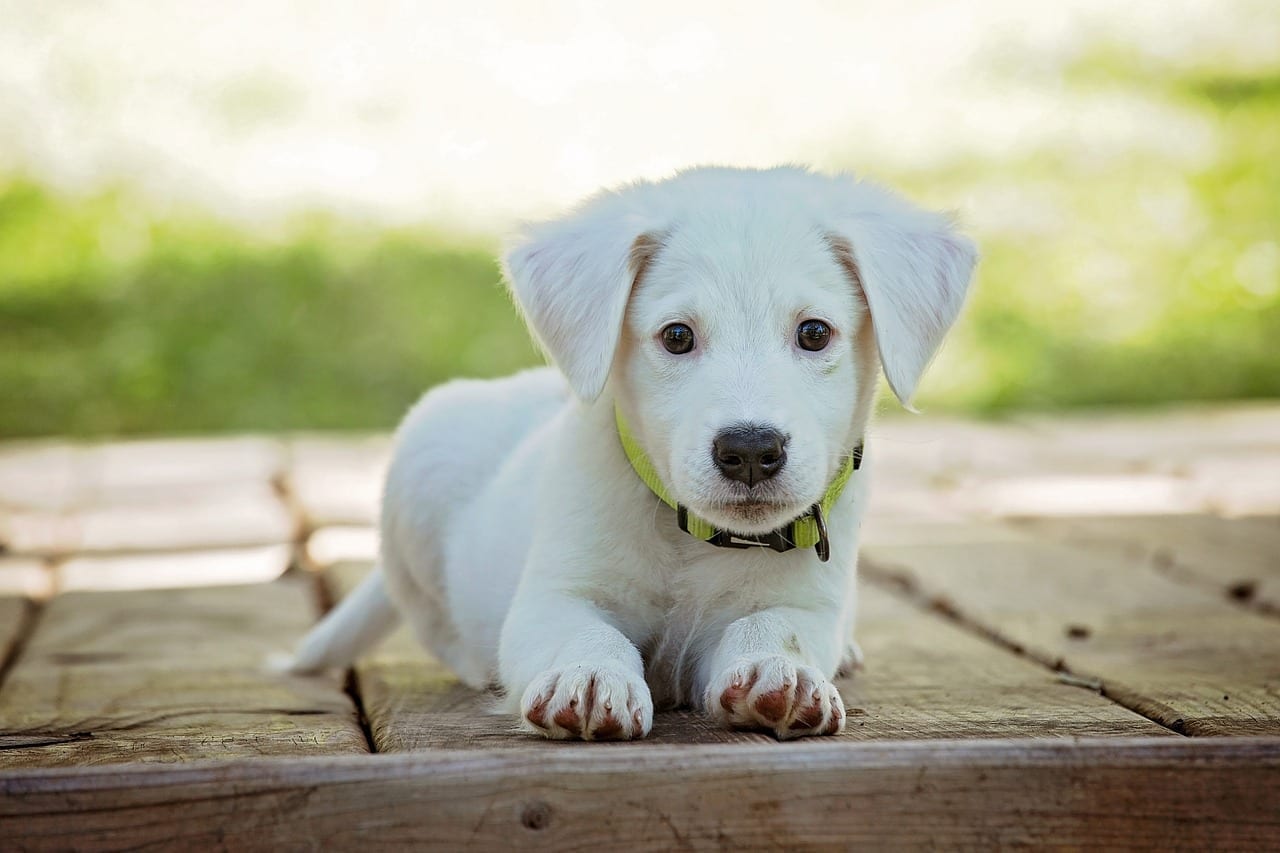LIVING WITH A FOUR-LEGGED TEENAGER – PART THREE
In the last issue, I wrote about how to work with your teenage dog and helping them to develop into a calm, sociable adult dog. Here are some more tips: Socialisation – take him out and about, go to doggy parks and beaches explore unfamiliar environments meet new people go for drives Training – training is vital, without it your dog will not have a long, happy life. Young, healthy dogs that are euthanized due to bad behaviour really means a lack of training.
Animal shelters are full of young, healthy adolescent dogs that lack good manners. Training starts from the moment you bring the puppy home. Classes are important as it teaches him to listen to you with distractions and teaches important social skills with dogs and other people. Teaching your dog to be calm is essential and it means he will not jump on you or visitors. Use treats and reinforce good behaviour and do not reinforce bad behaviour. Whenever you are training keep it short and simple and train in different environments not just at home.
Train down the beach, at a café, visiting friends etc. Enrichment – dogs are active mentally and physically and you need to enrich his environment otherwise he will find ways to do this, which usually means destroying things. Rotate toys around, have a different toy for each day of the week.
If you are going out for the day instead of putting food in his bowl, scatter throughout the backyard, or place in a kong or other similar toys in warmer weather give him frozen bones or make ice blocks out of fresh beef or chicken stock. Being 100% consistent, persist and most of all, be patient. This phase will pass and in the end, you will have a calm, sociable, well-trained dog that will be the best companion.
GOOD GAMES
Pets are playful and that is one reason for sharing our homes, lives and wallets with them. Play and prey behaviour is rewarded by the same part of the hypothalamus (deep inside the brain stem), making them “feel good” behaviours. Play behaviour is a civilised way to practice and perfect prey moves, like stalking your dog and springing out to surprise them (cats do this really well), wrestling, and hide- and- seek. It also helps you get in touch with your more primitive, instinctive self too. In this way, play can be used as a therapy, and play can help make you and your pets feel better, happier and more in touch with yourself.
Other Articles
https://thebribieislander.com.au/pet-care-pet-advice/
